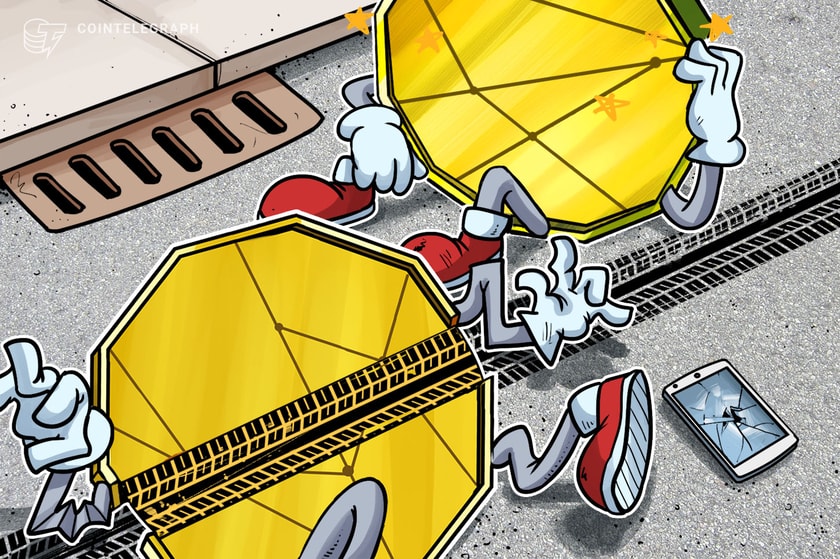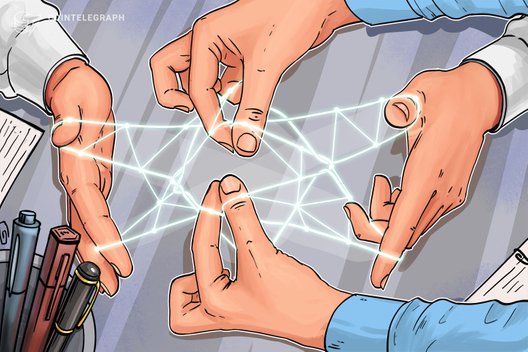Singapore High Court rules crypto personal property, compares it to fiat money
Judge didn’t see any difference between crypto, fiat money or shells, as long as all those objects, physical or not, share value, created by mutual faith in it.
617 Total views
5 Total shares

Cryptocurrency is deemed property capable of being held on trust, Judge Philip Jeyaretnam of the High Court of Singapore decided in a ruling on July 25. The Judge said he didn’t see any difference between crypto, fiat money or shells, as long as all those objects, physical or not, share value, created by mutual faith in it.
Judge Jeyaretnam handed down his ruling in a case brought by ByBit against its former employee, Ho Kai Xin. ByBit claimed the staff-member transferred around 4.2 million of USDT from the crypto exchange to her private accounts. The court has now ordered Ho, who’s been accusing a non-present cousin of controlling the relevant accounts, to return all the money back to ByBit.
While the decision may seem obvious, it contains some formulations, important for the juridical status of digital assets. Judge Jeyaretnam calls the stolen USDT, as well as cryptocurrencies in general, a property. Even though they don’t have any physical presence, the Judge believes that:
“We identify what is going on as a particular digital token, somewhat like how we give a name to a river even though the water contained within its banks is constantly changing.”
He rebukes the common suspicion of crypto not having any “real” value, reminding that value is “a judgment made by an aggregate of human minds”. Jeyaretnam also classifies crypto in the category of “things in action”. In British common law, that means a type of property, personal rights over which could be claimed or enforced by legal action, and not by taking physical possession.
Related: Singapore to require crypto firms to put user assets into trusts by year-end
In his decision, the Judge cited the consultation paper by the Monetary Authority of Singapore (MAS) that will implement segregation and custody requirements for digital payment tokens. If it is possible in practice to identify and segregate such digital assets, it should be legally possible to hold them on trust, the Judge notes.
The decision mentions Order 22 of Singapore’s Rules of Court 2021, which defines “movable property” to include “cash, debt, deposits of money, bonds, shares or other securities, membership in clubs or societies, and cryptocurrency or other digital currency.”
In May 2022, the High Court of Justice in London ruled that nonfungible tokens (NFT) represent “private property.” The experts called the decision a “great precedent” for people investing in NFTs, who might hope that the British courts would protect their property rights.
Collect this article as an NFT to preserve this moment in history and show your support for independent journalism in the crypto space.
Magazine: Experts want to give AI human ‘souls’ so they don’t kill us all









